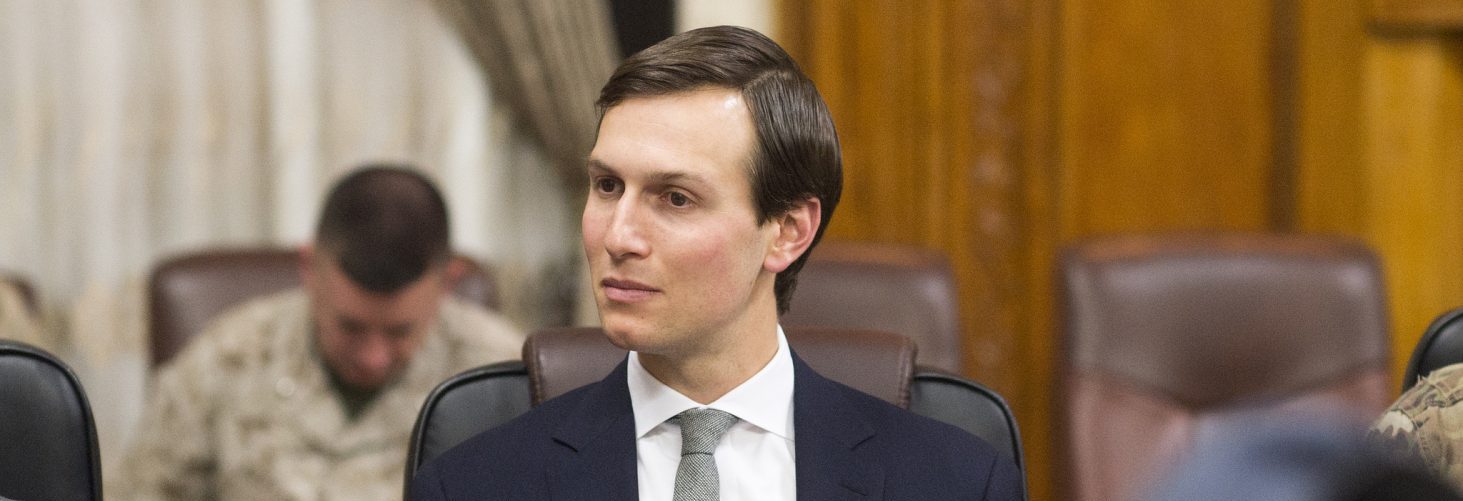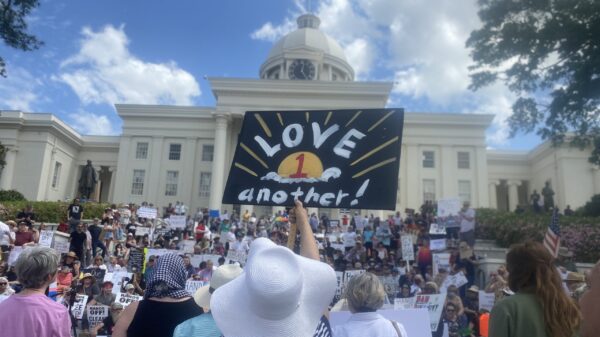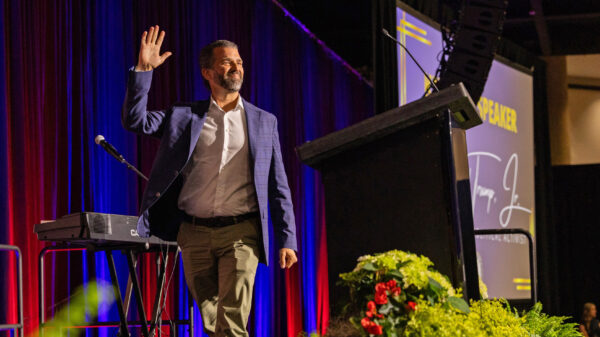By Brandon Moseley
Alabama Political Reporter
The Huffington Post is reporting that White House insiders are blaming the president’s son-in-law, Jared Kushner – a White House senior advisor, for the decision to endorse Senator Luther Strange (R) in the Alabama special election to fill the seat of Jeff Sessions (R).
According to CNN, the president was terribly angry and embarrassed with the disastrous decision to endorse Strange’s doomed candidacy.
“Two sources who work closely with the young real estate tycoon, Kushner suggested the endorsement, in part, because he believed that a Strange victory would enrage Steve Bannon,” The Huffington Post’s Vicky Ward claims.
Breitbart News Executive Chairman Steve Bannon was formerly the White House chief strategist, but he was the loser in a recent power struggle with Kushner. Apparently that power struggle continued outside of the White House.
“All Jared thinks about is beating Bannon,” a friend of Bannon’s told The Huffington Post. “It consumed him before Bannon left the White House, and it consumes him now.”
The President of the United States normally does not get involved in Republican Party primaries; but reportedly, at the urging of Kushner, Senate Majority Leader Mitch McConnell, R-Kentucky, and White House Deputy Chief of Staff Rick Dearborn made the risky decision to interfere in his own party’s primary.
Kushner reportedly also recommended this risky move in order to curry favor with the Senate leadership in case the investigation into the Trump campaign’s alleged ties to Russia should turn unfavorable.
“No senior adviser to the president in their right mind would ever lead the president to get involved in a primary, let alone a highly contested one that pitted his own base against him. Anyone with a pulse knew that Luther was going to lose the runoff. Luther barely survived the primary,” Sam Nunberg, a former advisor to Trump, told the Huffington Post.
But President Donald J. Trump knows nothing about Alabama politics.
“According to three sources with direct knowledge, when Moore emerged victorious in the three-candidate first round of voting last month, winning 39 percent, Trump asked confidants: “Who’s he?” (Huffington Post).
Republican strategist, Jeff Roe, who is friendly with Kushner, ran Sen. Ted Cruz’s, R-Texas, presidential campaign in 2016 and was working for Strange earlier this year. Roe reportedly sent Kushner emails loaded with polling data claiming that Strange would win easily over Moore and Congressman Mo Brooks, R-Huntsville.
That Brooks had called Trump a “serial adulterer” during the 2016 primary, when Brooks was supporting Cruz, was also reportedly a factor used by Kushner to convince the president to get involved in the Alabama race. The White House has denied that report.
When then Alabama Gov. Robert Bentley (R) asked Alabama Republican Executive Committee members who they felt he should appoint to the U.S. Senate, the name most recommended was suspended at that time – Chief Justice of the Alabama Supreme Court Roy Moore (R). Gov. Bentley, as had become the norm for Bentley in his second term, completely ignored the collective wisdom of the leaders of his own party. Sources in Montgomery were telling The Alabama Political Reporter that the governor would choose Alabama Department of Economic Advisors head, Jim Byard, who was liked by Bentley, was one of the most competent of Bentley’s cabinet and had been incredibly loyal. Senate President Pro Tem Del Marsh, R-Anniston, reportedly also wanted the job and was a finalist for the position, along with Byard and then Attorney General Luther Strange (R).
APR and other media sources had been reporting for months about the growing legal scandal surrounding Bentley, and most legal observers had been expecting Strange to indict Bentley for his conduct in the “luv guv” scandal involving an alleged affair with his married former staffer, turned “top political strategist,” Rebekah Caldwell Mason. In November, Strange had asked the House Judiciary Committee to suspend impeachment hearings against Bentley, signaling to many that Strange was about to move against Bentley.
Legal observers were horrified that the attorney general would even interview with a governor that he was investigating, fearing that the assumed eventual prosecution would be tainted by claims that Strange’s indictment of Bentley was retaliation because he had not gotten the Senate appointment.
Bentley chose Strange, a decision that was greeted with shock and open suspicion across the state. Whether or not Strange did some illicit deal with Bentley remains unknown, but thousands of voters were convinced that was what happened. This belief, combined with Moore’s popularity, probably doomed the Strange campaign from the start. That Bentley would ultimately plead guilty to two misdemeanors and resign from office to avoid pending impeachment just weeks after Luther went to Washington only seemed to confirm the darkest of those suspicions.
New Gov. Kay Ivey promptly moved the date of the special election up 11 months, meaning voters would go to the polls with the Bentley scandal and the Strange appointment still on their minds.
Sen. Mitch McConnell and GOP super strategist, Karl Rove, poured millions of D.C. lobbyist dollars into the race and a presidential endorsement. It was enough to best Brooks and get Strange into a runoff with Moore; but Strange was still down eight percentage points, when a desperate White House made the decision to send Donald Trump, himself, to Huntsville. The move was not well-received in Alabama.
The Strange campaign made the foolish decision to agree to face Moore in a Lincoln-Douglas style debate in Montgomery on Sept. 21. Moore handily beat an ill-prepared Strange in the debate. “The President picked me,” Strange weakly said. He then repeated that approximately 27 times while Moore hammered the former attorney general for the smear tactics that Luther’s campaign had used against Moore and Brooks, his close ties to McConnell, his 23 year career as a lobbyist and the Bentley appointment. The next night on the stage in Huntsville even Donald Trump admitted, “I might have made a mistake.”






















































